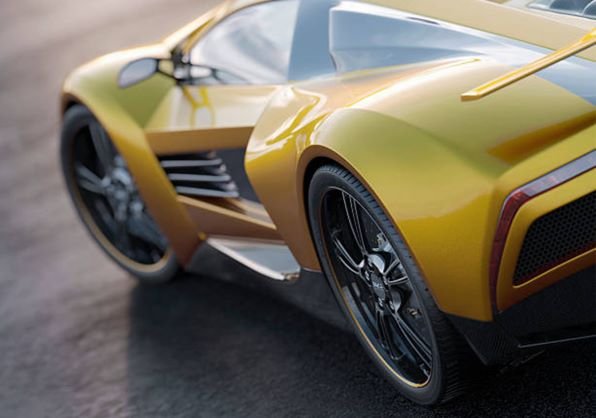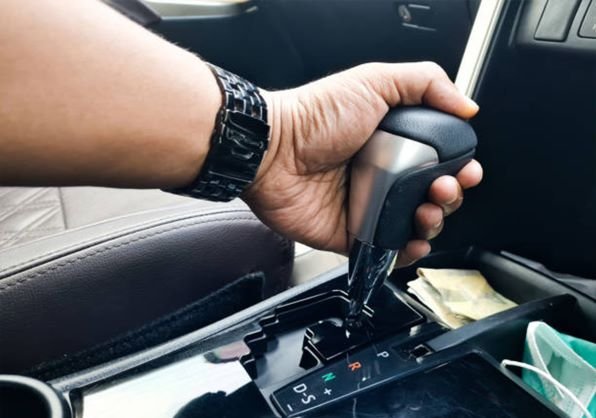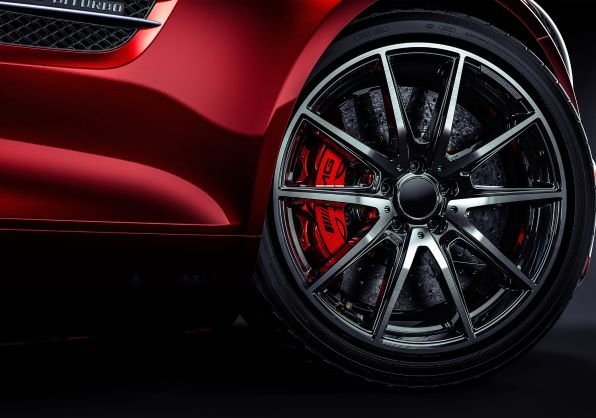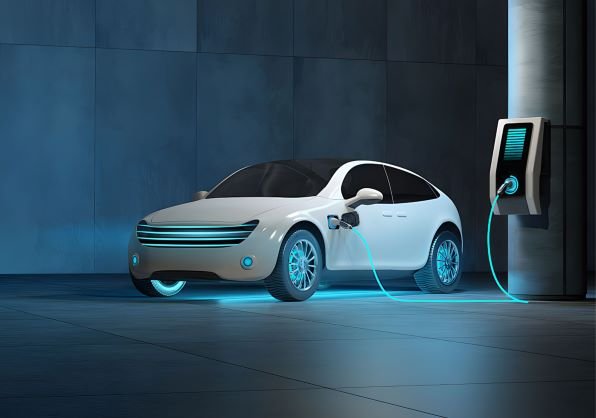If you’re a Honda owner, you’ve probably found yourself staring at a shelf of motor oils, wondering, “Can I use 5W20 instead of 0W20 in my Honda?” Maybe you accidentally grabbed the wrong jug, or you’re curious about the debate over 0W20 vs 5W20. It’s a common question, especially on forums like OdyClub, where Honda Odyssey owners swap stories about oil changes. The short answer? Yes, you can often use 5W20 instead of 0W20, but there’s a bit more to it. Let’s break it down with some real-world insights and practical advice to keep your engine humming.
What’s the Deal with 0W20 and 5W20?
Before we dive into whether you can swap these oils, let’s get a handle on what those numbers mean. Motor oil viscosity is described by two numbers, like 0W20 o 5W20. The first number, followed by a “W” for winter, tells you how the oil flows at low temperatures. The lower this number, the thinner the oil is when it’s cold, which helps it circulate faster during startup. The second number (20 in both cases) indicates the oil’s viscosity at operating temperature, typically around 100°C.
Quindi, 0W20 e 5W20 are identical in thickness once your engine is warm. The difference kicks in when it’s chilly outside. Olio 0W20 is thinner at cold temperatures, making it better for quick lubrication during cold starts. 5W20, being slightly thicker, doesn’t flow quite as well in freezing conditions but still gets the job done in most scenarios.
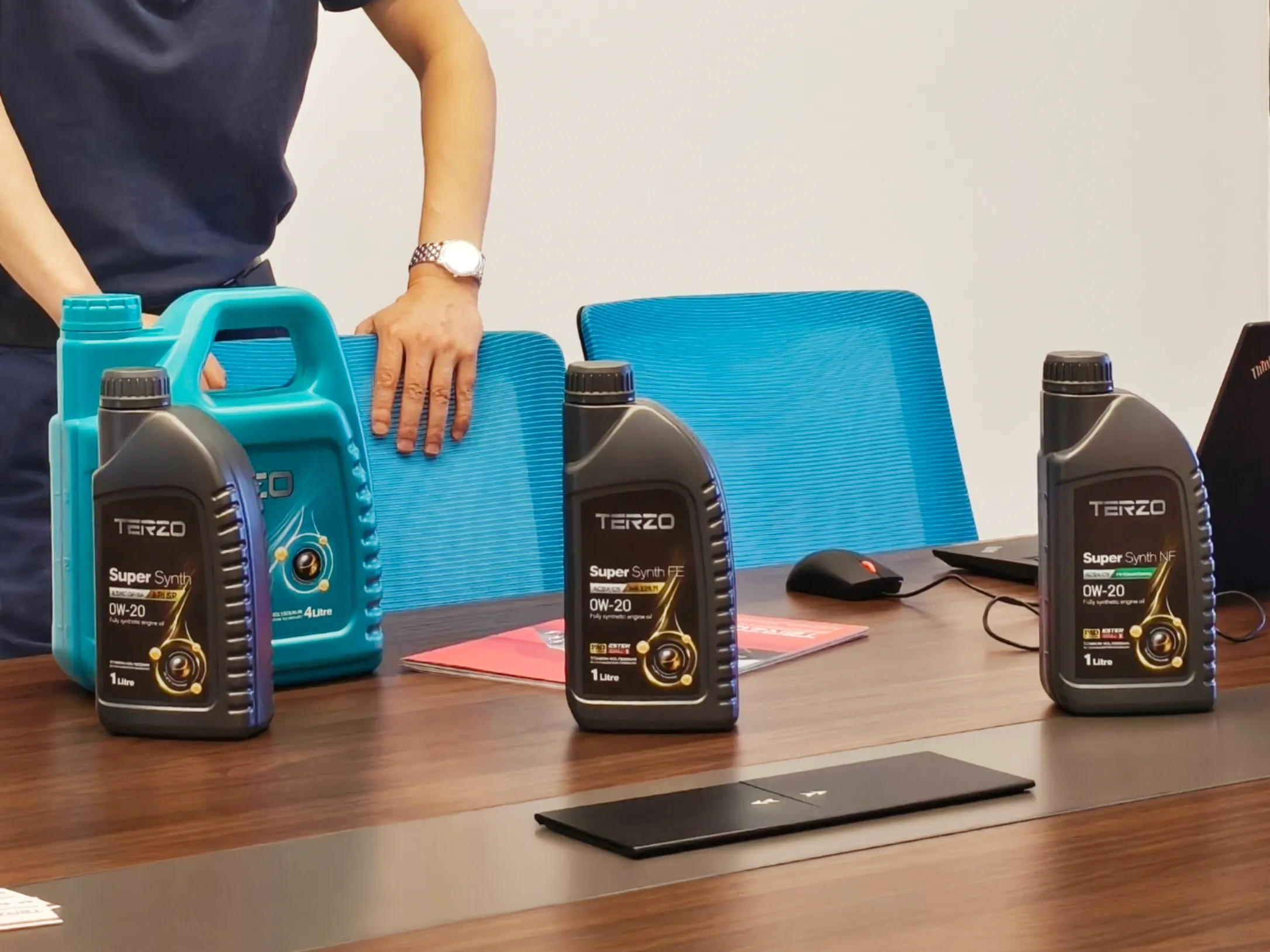
| Oil Type | Cold Viscosity (W) | Operating Viscosity | Best For |
|---|---|---|---|
| 0W20 | Thinner (0W) | 20 | Cold climates, fuel efficiency |
| 5W20 | Thicker (5W) | 20 | Warmer climates, older engines |
Honda’s Official Take on 0W20 vs 5W20
Honda’s pretty clear on this: they recommend 0W-20 full synthetic motor oil for most of their modern vehicles, including the Odyssey, Civic, and Accord. Why? 0W-20 oil boosts fuel economy and provides better protection during cold starts, which is when most engine wear happens. According to discussions on OdyClub, Honda even updated their recommendations around 2011, superseding 5W20 con 0W20 for newer models like the 2008 Honda Odyssey. This shift reflects advancements in engine design, which often feature tighter tolerances that benefit from lower-viscosity oils like full synthetic motor oil 0W-20.
That said, some older Honda models or high-performance vehicles might still call for 5W20, especially if they were designed before 0W20 became widely available. Always check your owner’s manual to confirm what’s best for your specific ride. For example, a Cherish Your Car article notes that 5W20 is better suited for older engines or high-performance Hondas, while 0W20 is ideal for daily drivers.
Can You Use 5W20 Instead of 0W20?
Here’s the heart of the matter: can I use 5W20 instead of 0W20? In most cases, yes, you can, and your engine won’t throw a tantrum. If you live in a warm climate—say, where temperatures rarely dip below freezing—5W20 is unlikely to cause any noticeable problems. The slightly thicker viscosity at cold temperatures won’t make a big difference if you’re not dealing with sub-zero conditions.
However, if you’re in a colder climate, 0W20 is the better bet. Its thinner viscosity ensures faster flow during startup, reducing wear on critical engine components. For instance, a user on the OdyClub forum mentioned that in their area, temperatures only hit -35°F once in several years, so 5W20 worked fine for their 2008 Odyssey. But in places like Regina, Canada, where winters can plummet to -24°F, 0W20 is a safer choice for protecting your engine.
Which Engine Oil Works Better: 5W20 or 0W20?
Quindi, which engine oil works better for 5W20 or 0W20? It depends on your driving conditions and vehicle. Here’s a quick rundown:
Cold Climates: Go with 0W20. Its superior cold-start performance reduces engine wear, especially in temperatures below -20°C (-4°F). This is critical for modern Honda engines with tight tolerances.
Warm Climates: 5W20 is usually fine. The difference in cold viscosity is less relevant if you’re not facing freezing temperatures.
Risparmio di carburante: 0W20 wins here. Its thinner profile reduces friction, giving you a slight edge in gas mileage—something carmakers like Honda prioritize for EPA ratings.
Engine Protection: Both oils protect well at operating temperature, but 0W20 is tailored for newer engines. Some argue 5W20 offers slightly better protection in high-heat conditions, but this is rarely a concern unless you’re pushing your engine to extremes.
A post on Honda-Tech suggests that 0W20 might protect slightly better against wear based on oil analysis, but the difference is minimal. Ultimately, sticking with Honda’s recommendation (0W20) is the safest way to ensure optimal performance.
Potential Risks of Using 5W20
Mentre 5W20 is generally safe, there are a few things to keep in mind:
Slightly Reduced Fuel Economy: 0W20 is designed to minimize friction, so switching to 5W20 might cost you a fraction of a mile per gallon. It’s not a dealbreaker, but it adds up over time.
Usura a freddo: In very cold weather, 5W20’s thicker viscosity could mean slower lubrication during startup, potentially increasing wear. This is a bigger concern for newer engines designed for 0W20.
Warranty Concerns: If your vehicle is under warranty, using 5W20 when 0W20 is specified could raise eyebrows with your dealer, though this is rare unless there’s a clear issue tied to the oil.
On the flip side, some users on forums like BobIsTheOilGuy argue that 5W20 is fine, especially in warmer weather, and they’ve used it without issues. The key is to use a high-quality synthetic oil that meets Honda’s specifications, like API SN or ILSAC GF-5.
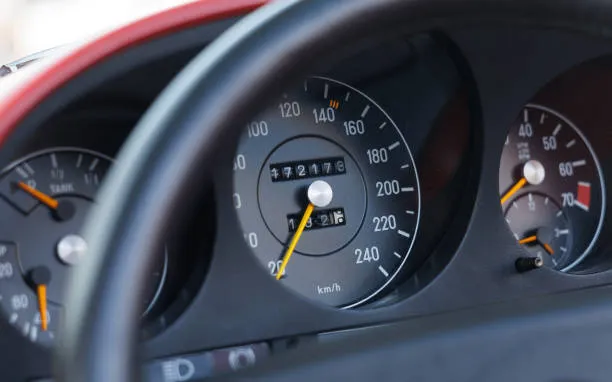
Real-life Honda Owners’ Experiences
The OdyClub forums are a treasure trove of real-life experiences. One user shared that his 2008 Honda Odyssey had 160,000 miles on it and had been running smoothly for years with Olio 0W20. Another user said they mistakenly used 0W20 instead of 5W20 and had no problems, especially considering their car was a used car and only drove about 2,500 miles per year. Another user mentioned that their 2004 Odyssey had 312,000 miles and performed well after a free 0W20 oil change at the dealership.
On the other hand, some owners worry that lighter oils like 0W20 will cause more wear over time, especially on older engines. However, no hard evidence of premature wear has been reported in the OdyClub forums, and modern motor oils are formulated to meet the needs of today’s engines.
Conclusion: Stick with 0W20 for peace of mind
Quindi, can I use 5W20 instead of 0W20? Yes, you probably can, especially in warm climates or when driving older Honda models. But for most modern Hondas, 0W20 is the best choice. Honda recommends it for better fuel efficiency, smoother cold starts, and better protection for newer engines. If you choose 5W20, make sure it’s a Honda-standard fully synthetic 0W-20 or 5W20 to ensure your engine stays in top shape.
For best results, check your owner’s manual and consider your local climate conditions. If you’re unsure, stick with 0W20—it’s the safer choice to keep your Honda running smoothly for years to come.






